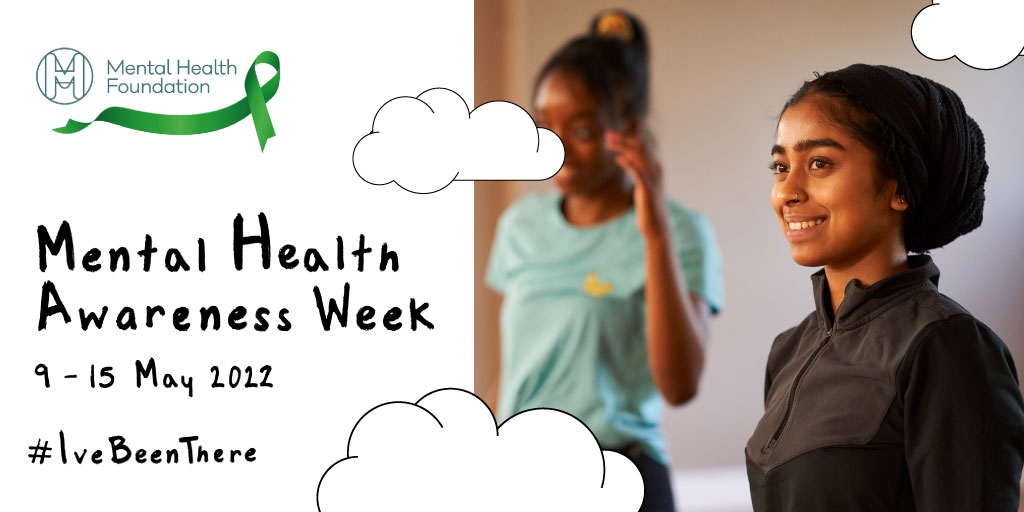From the 9th through to the 13th of May the UK will be raising awareness for Mental Health Awareness Week. It’s an opportunity for people across the country to highlight good mental health practices and this year, the focus will be on loneliness.
Why is loneliness so important anyway?
One of the problems of loneliness is isolation. The pandemic brought with it safety measures that meant we all had no choice but to be isolated. Kept away from elderly relatives, friends, and family, whilst others dealt with ongoing issues such as living alone, divorce, and bereavement.
In an ever-changing digital world, Zoom is no substitute for human contact. Whilst we are wading through no end of digital transformation, for many, digital proficiency and accessibility has been a lot slower.
What’s being done about loneliness?
The government has appointed Tracey Crouch, the country’s first-ever ministerial lead on loneliness. 9 million adults in the UK are estimated to be living with the impact of loneliness. This ranges from people who suffered from it at university, to isolated elderly people. The late MP Jo Cox, whose namesake foundation established the first assessment on tackling loneliness, also helped take a positive step forward.
The Department of Health and Social Care has called for evidence from those in the profession and from the public to inform their next steps. They aim to create a 10-year plan that looks at the causes of mental health, and how services and support should be adapted. The evidence will shape the NHS services and support, so they can continue to provide the right kind of care.
So where does physical activity come in?
Put simply, the right kind of care for mental health doesn’t have to be in a hospital. Or in a GP. Physical activity can be the key.
It was ukactive in 2017, at their national summit, that introduced the ‘golden thread’ that would push physical activity as key to solving many national challenges. From bringing people together across various backgrounds, to tackling obesity, or improving academic performance.
And the proof is in the pudding. Being social is a significant driver to getting people active. In schools, increased activity, or just access to physical activity has led to increased motivation, engagement with schoolwork, and better moods.
The data shows that group activity is a core mover too. Women are driving those leisure centre visits. Two-thirds of women don their workout gear for group exercise classes. According to Sport England, team sports like football and netball draw 3.4 million people, many of which play at least twice a month.
For the older generation, physical activity can reduce our reliance on social care. Physical activity helps them maintain mobility for longer, which means they remain independent for longer.
It is coaches, instructors, and sports facilities that will play an impactful role in the future of the UK. If we are to tackle loneliness for years to come, physical activity is key.



